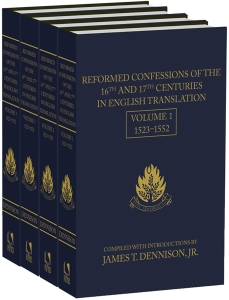25 “I, I am he who blots out your transgressions for my own sake, and I will not remember your sins.” – Isaiah 43:25
Notice once more, that it is a present forgiveness. It does not say I am he that will blot out thy transgressions, but that blotteth them out now. There are some who believe, or at least seem to imagine, that it is not possible to know whether our sins are forgiven in this life. We may have hope, it is thought, that at last there will be a balance to strike on our side. But this will not satisfy the poor soul who is really seeking pardon, and is anxious to find it; and God has therefore blessedly told us, that he blotteth out our sin now; that he will do it at any moment the sinner believes. As soon as he trusts in his crucified God, all his sins are forgiven, whether past, present, or to come. Even supposing that he is yet to commit them, they are all pardoned. If I live eighty years after I receive pardon, doubtless I shall fall into many errors, but the one pardon will avail for them as well as for the past.
Charles Spurgeon
The New Park Street Pulpit Sermons, vol. 1 (London: Passmore & Alabaster, 1855), 186. Vol. 1, Sermon No. 24; Titled: Forgiveness; Delivered on Sabbath Morning, May 20, 1855. Click here for a free PDF of this sermon.
